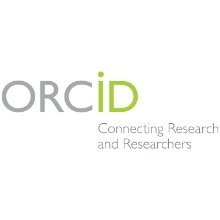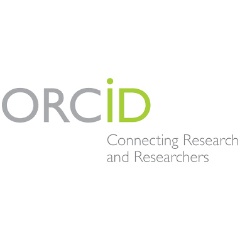General Information on ORCID
ORCID (Open Researcher and Contributor ID) is a non-profit organization that assigns unique identifiers (ORCID iD) to authors. These identifiers are used for author identification.
As part of an ORCID web address, the iD refers to a person‘s ORCID where institution-independent and permanent additional data can be stored, for example
- name variations to document a name change due to marriage or different spellings of a name
- addresses of websites or blogs
- links to other identity management services and author profiles (e.g. Google Scholar Profile, ISNI, ResearcherID).
ORCID at the University of Stuttgart
The Universität Stuttgart is a member of the German ORCID consortium and recommends the use of ORCID to all authors.
All members of the University of Stuttgart can create a personal ORCID identifier (ORCID iD) or connect their already existing ORCID iD with their ac-account. This connection can be made during the login in ORCID.
Advantages
At the University of Stuttgart, ORCID will be gradually connected to other services.
ORCID already offers the following advantages:
- Submissions of publications
Many publishers and funding institutions require the ORCID iD to be provided when submitting publications or proposals. This is to ensure that authors can be identified clearly and all publications can be assigned correctly.
- ORCID Profile
Independent of the institutional affiliation and job changes, there is the possibility to display the scientific profile on an independent page, to specify name variations, and to refer to other author profiles such as the ResearcherID from the Web of Science or the Scopus Author ID. The visibility of each entry can be adjusted via a privacy setting. - ORCID iD in Literature and Citation Databases
If an ORCID iD is specified in publications and transferred to the bibliographic data of literature databases, all publications that have been published can be found and correctly assigned during a literature search. In addition, this ensures that all publications recorded in the database are taken into account in the calculation of bibliometric indicators such as citation numbers or h-index.



